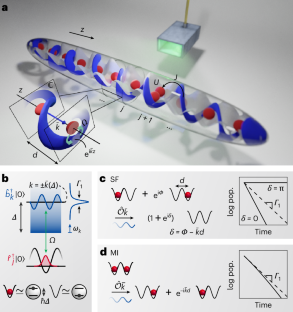
Quantum Optics: Synthetic Atoms and Matter Waves
Researchers used arrays of synthetic atoms and ultracold matter waves to demonstrate previously unseen collective spontaneous emission effects.

Researchers used arrays of synthetic atoms and ultracold matter waves to demonstrate previously unseen collective spontaneous emission effects.
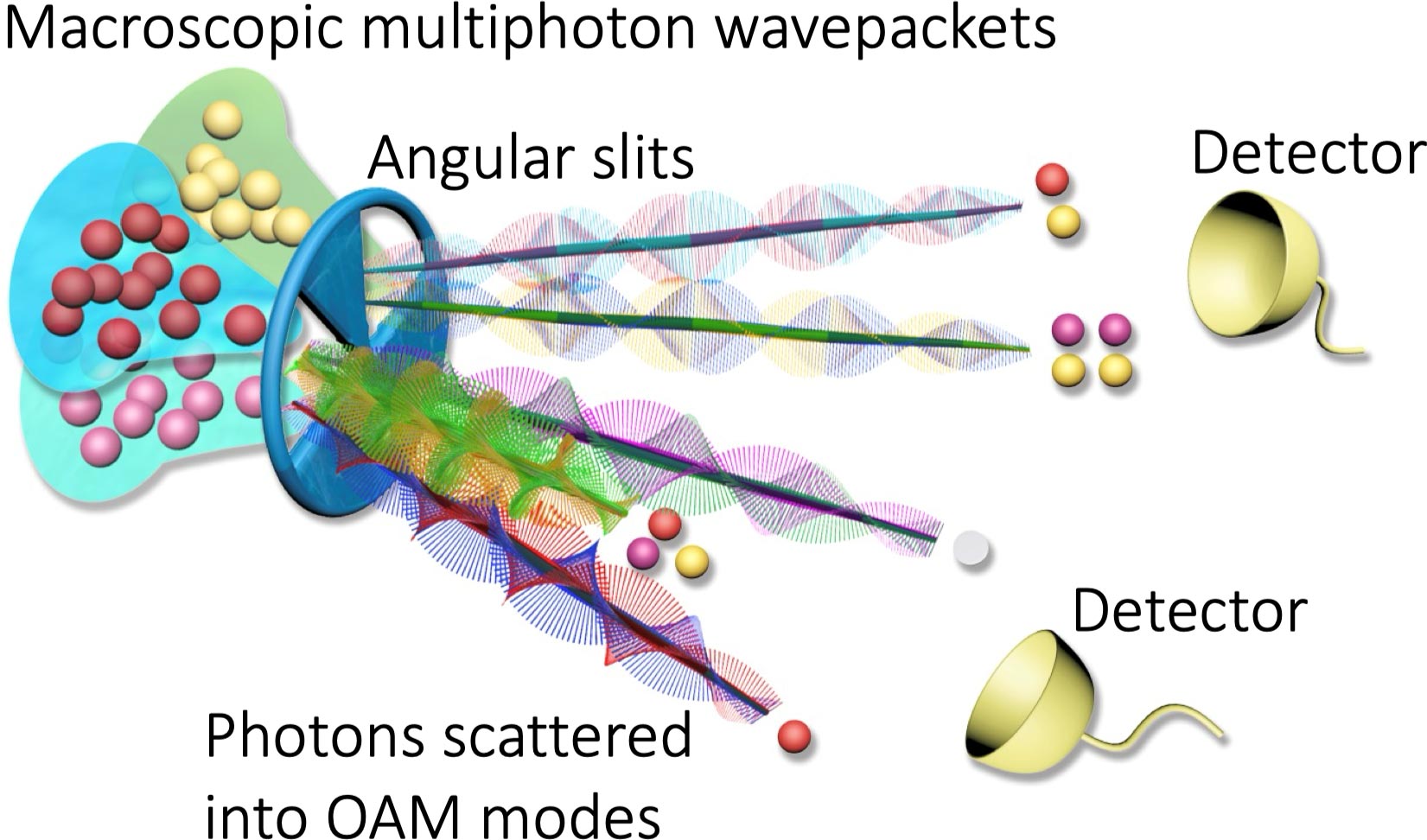
The scientific community has made a groundbreaking discovery that challenges our traditional understanding of classical and quantum physics. Researchers have identified quantum coherence within classical light fields, a finding that questions long-held assumptions about the […]

Scientists achieved a breakthrough by synchronizing six mechanical oscillators into a collective quantum state using a superconducting platform.
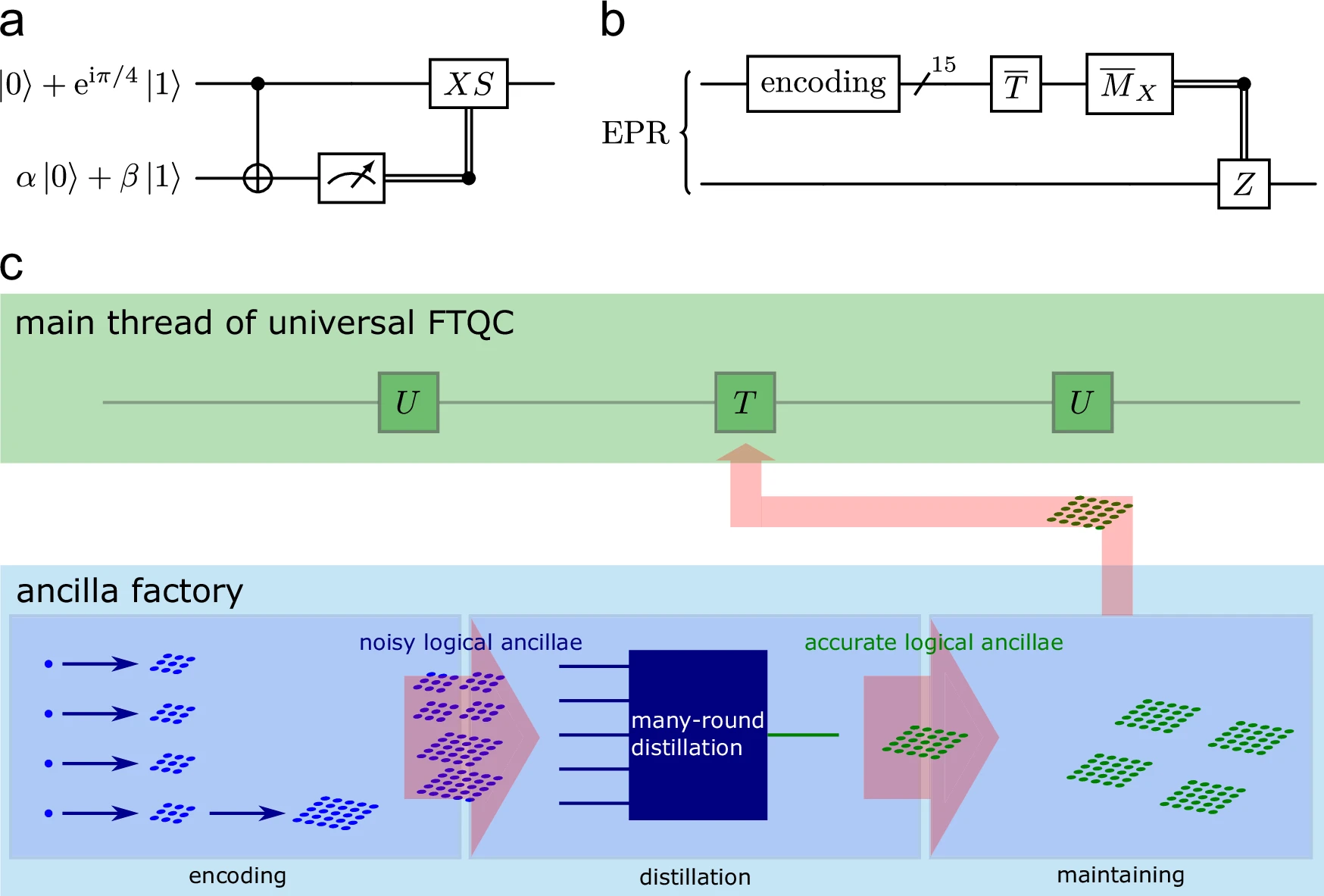
To achieve scalable universal quantum computing, scientists need to implement a universal set of logical gates fault-tolerantly, for which the main difficulty lies with non-Clifford gates. Researchers have demonstrated that several characteristic features of the […]

In a new study, researchers from the Max Planck Institute of Quantum Optics under the lead of Timon Hilker demonstrated evidence of stripe formation, i.e. extended structures in the density pattern, in a cold-atom Fermi-Hubbard […]
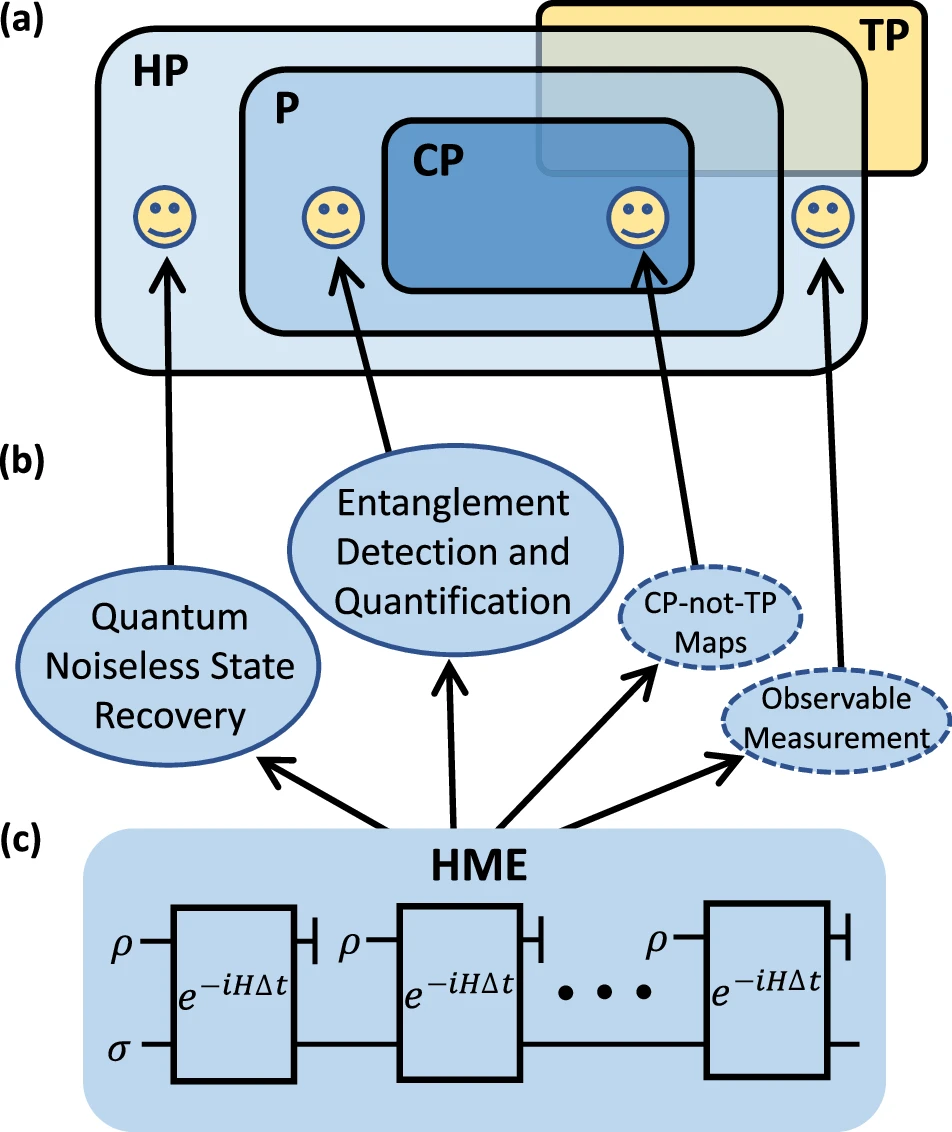
Legitimate quantum operations must adhere to principles of quantum mechanics, particularly the requirements of complete positivity and trace preservation. Yet, non-completely positive maps, especially Hermitian-preserving maps, play a crucial role in quantum information science. Researchers […]

Optical quantum communication technologies are making the prospect of unconditionally secure and efficient information transfer a reality. The possibility of generating and reliably detecting quantum states of light, with the further need of increasing the […]

Scientists propose a fault-tolerant scheme for generating long-range entanglement at the ends of a rectangular array of qubits of length R. It is realized by a constant-depth circuit producing a constant-fidelity Bell-pair (independent of R) for local […]
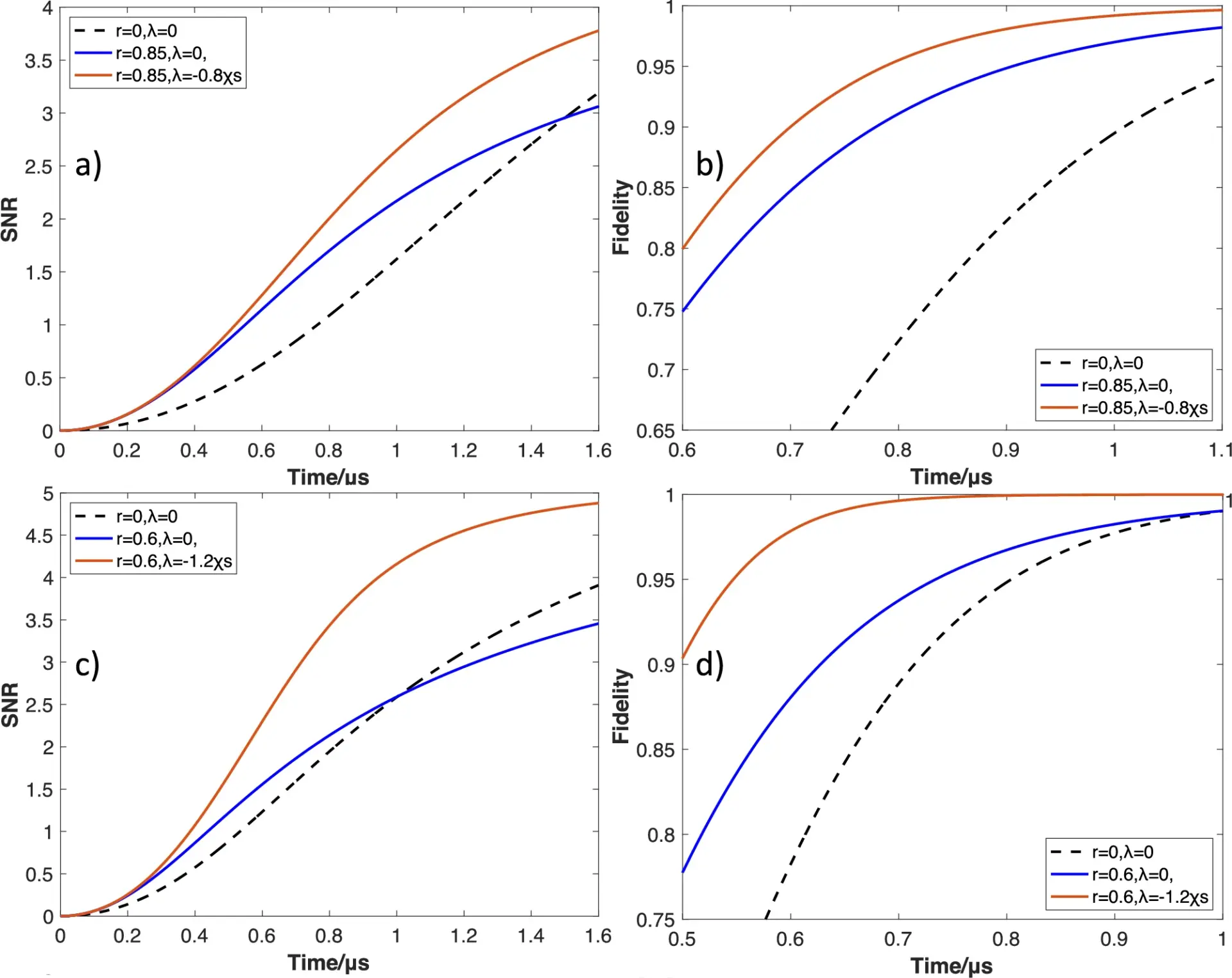
Fast and high-fidelity qubit measurement is essential for Quantum Error Correction (QEC) in universal quantum computing. This study examines dispersive measurement of a spin in a semiconductor double quantum dot using a nonlinear microwave resonator. […]
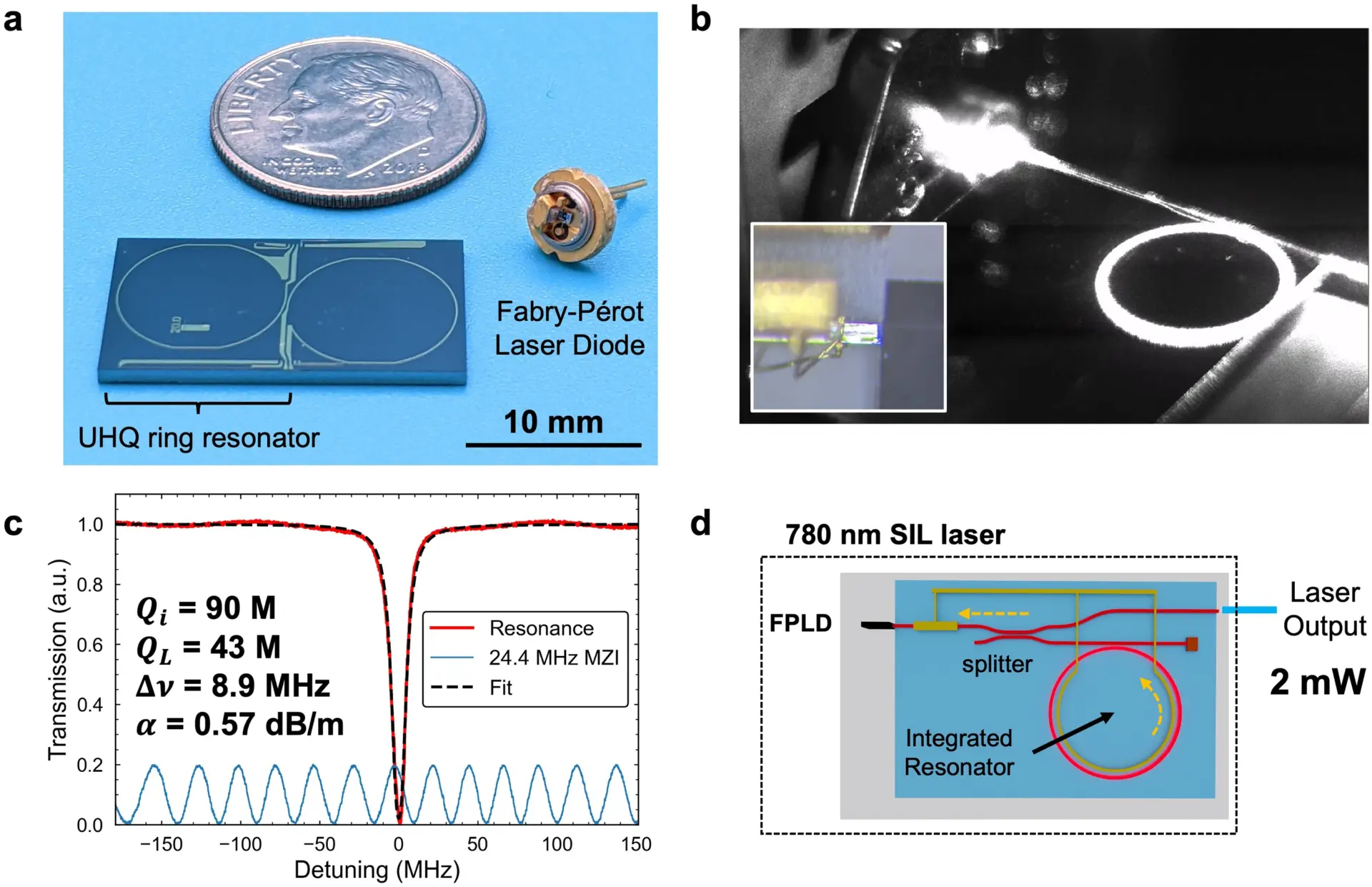
UC Santa Barbara researchers have developed a breakthrough in laser technology: a compact, chip-scale laser that matches or exceeds the performance of much larger laboratory systems while being significantly more affordable. Led by Professor Daniel […]
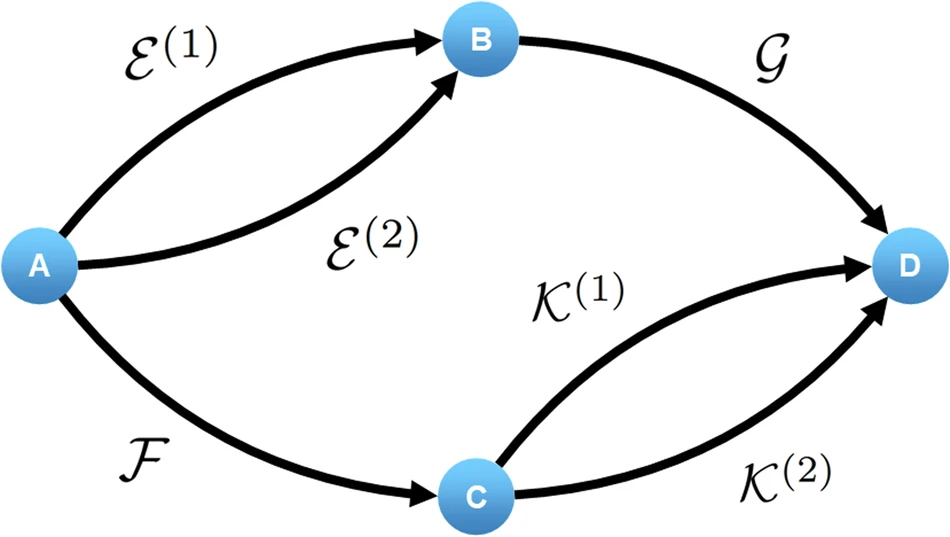
Large-scale communication networks, such as the Internet, rely on routing packets of data through multiple intermediate nodes to transmit information from a sender to a receiver. Researchers has developped a model of a quantum communication […]
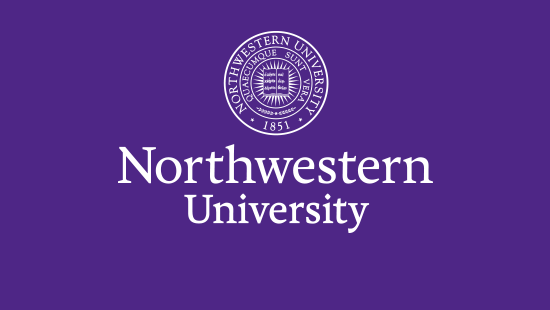
Northwestern University engineers have accomplished a significant feat by successfully demonstrating quantum teleportation through fiber optic cables while simultaneously carrying regular Internet traffic. Led by Professor Prem Kumar, the team published their findings in Optica […]
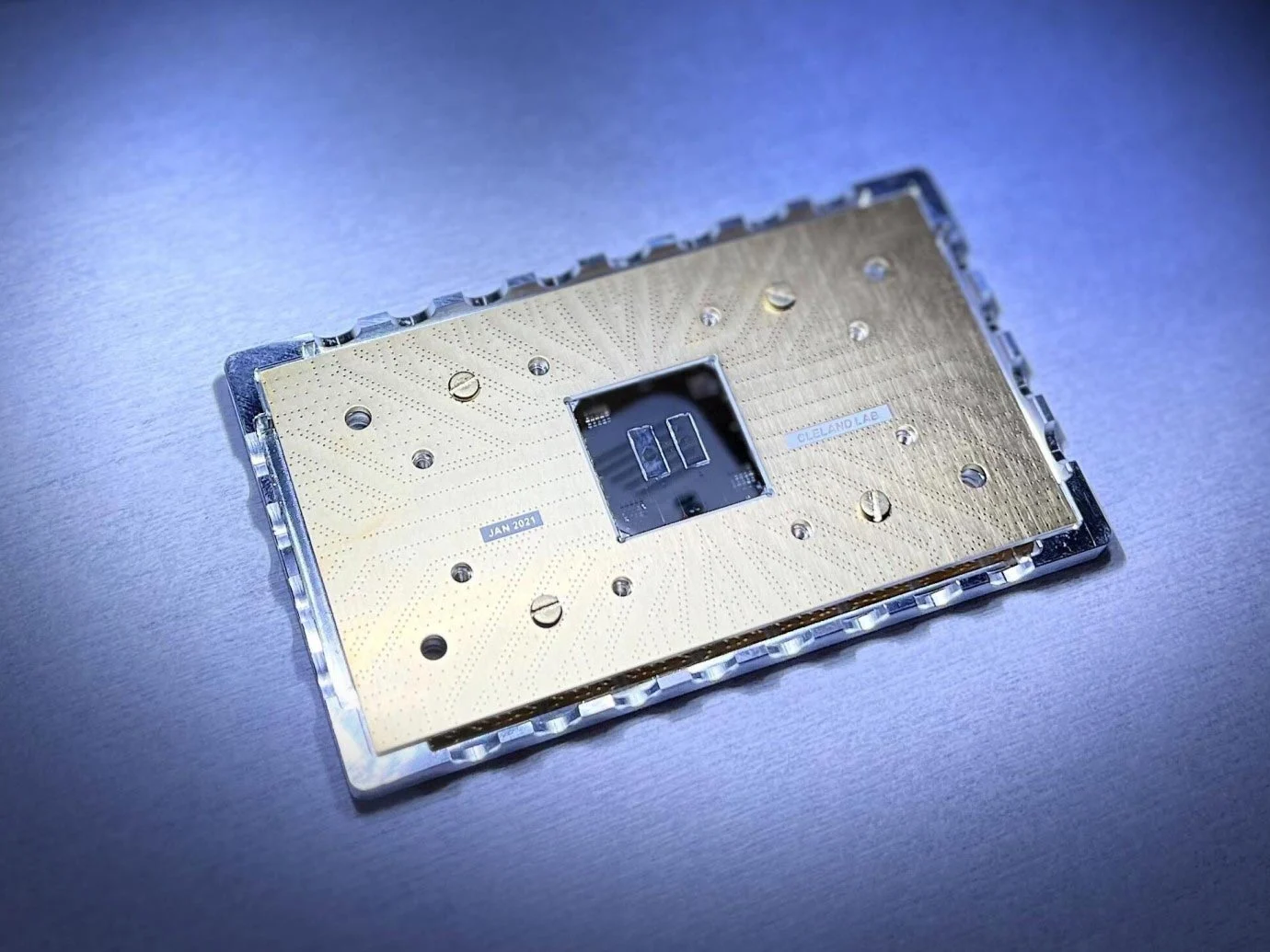
Researchers at the University of Chicago’s Pritzker School of Molecular Engineering have developed a groundbreaking quantum processor design that challenges traditional computational architectures. Unlike conventional quantum chips that arrange qubits in rigid 2D grids, this […]
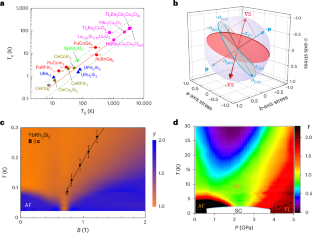
The groundbreaking study by Rice University physicist Qimiao Si delves into the fascinating world of quantum critical metals, materials that defy conventional physics by exhibiting extraordinary behavior at low temperatures. Published in Nature Physics, the […]
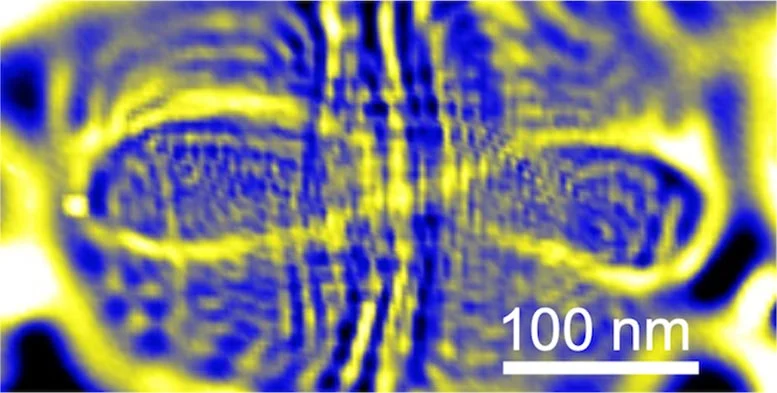
Researchers at UC Santa Cruz have experimentally validated a 40-year-old theoretical prediction about electron behavior in confined spaces, marking a significant breakthrough in quantum physics. Led by physicist Jairo Velasco, Jr., the team’s study published […]
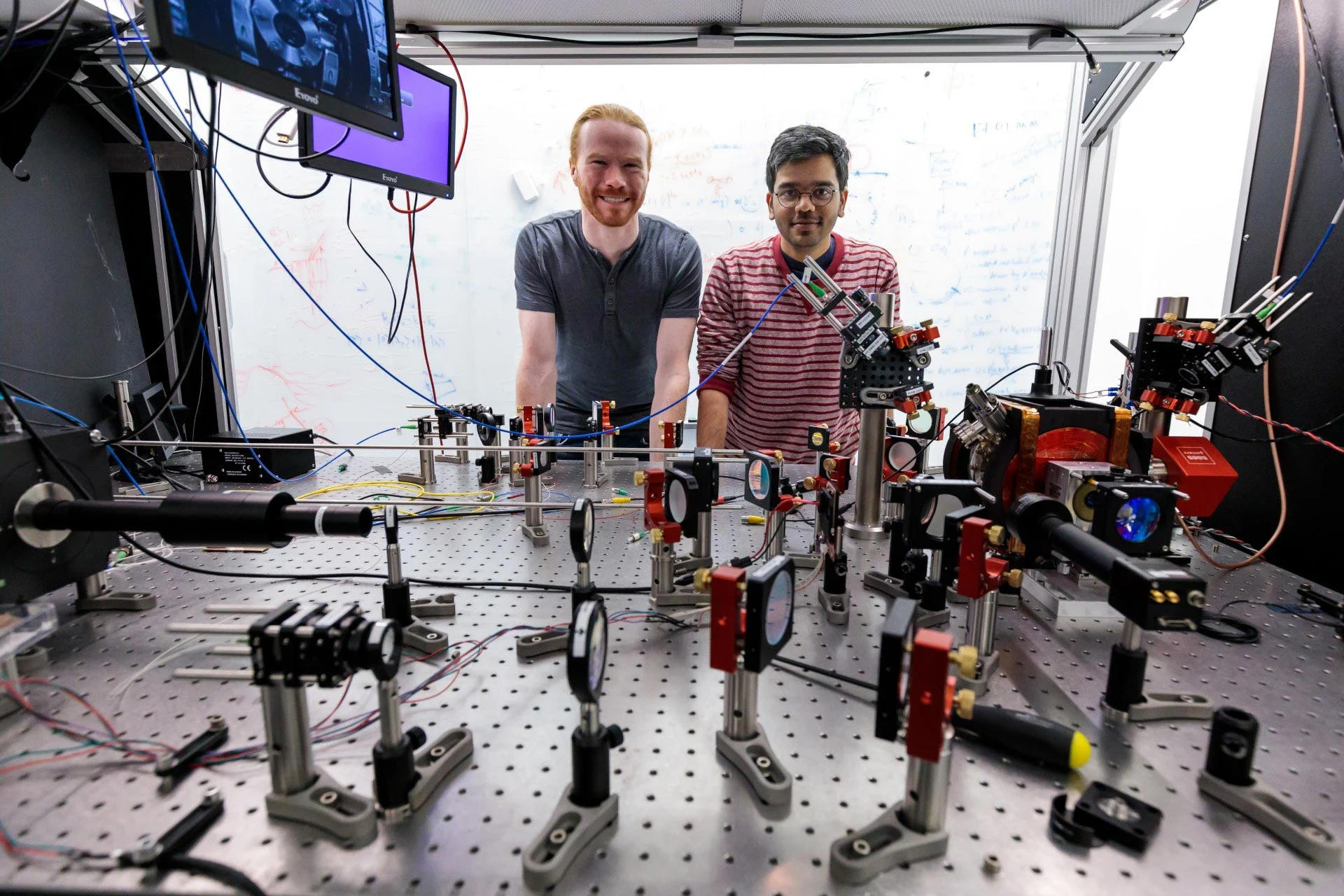
This groundbreaking research by University of Chicago scientists presents a transformative approach to quantum computing by ingeniously merging trapped atom arrays with photonic devices. Led by Assistant Professor Hannes Bernien, the research team has developed […]
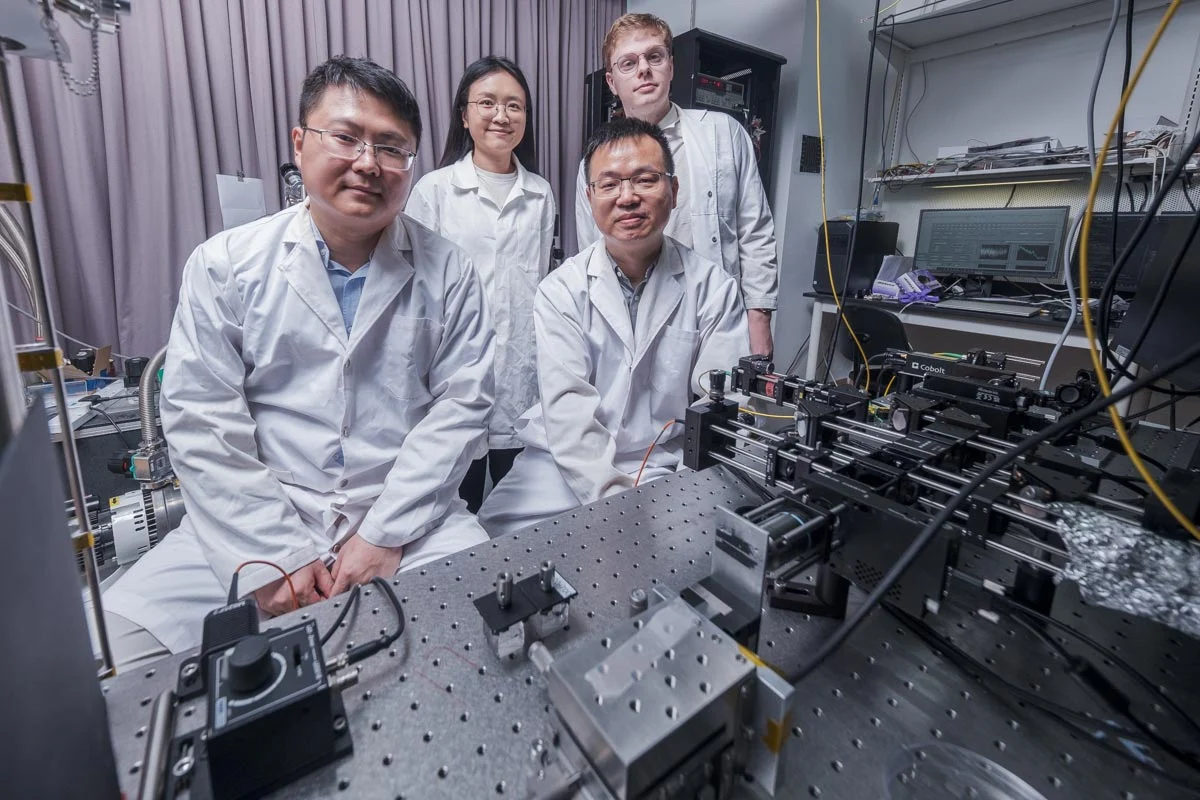
Researchers at Nanyang Technological University in Singapore (NTU), have developed an innovative method to produce entangled photon pairs using extraordinarily thin materials, potentially revolutionizing quantum computing technology. Led by Prof Gao Weibo, the team successfully […]
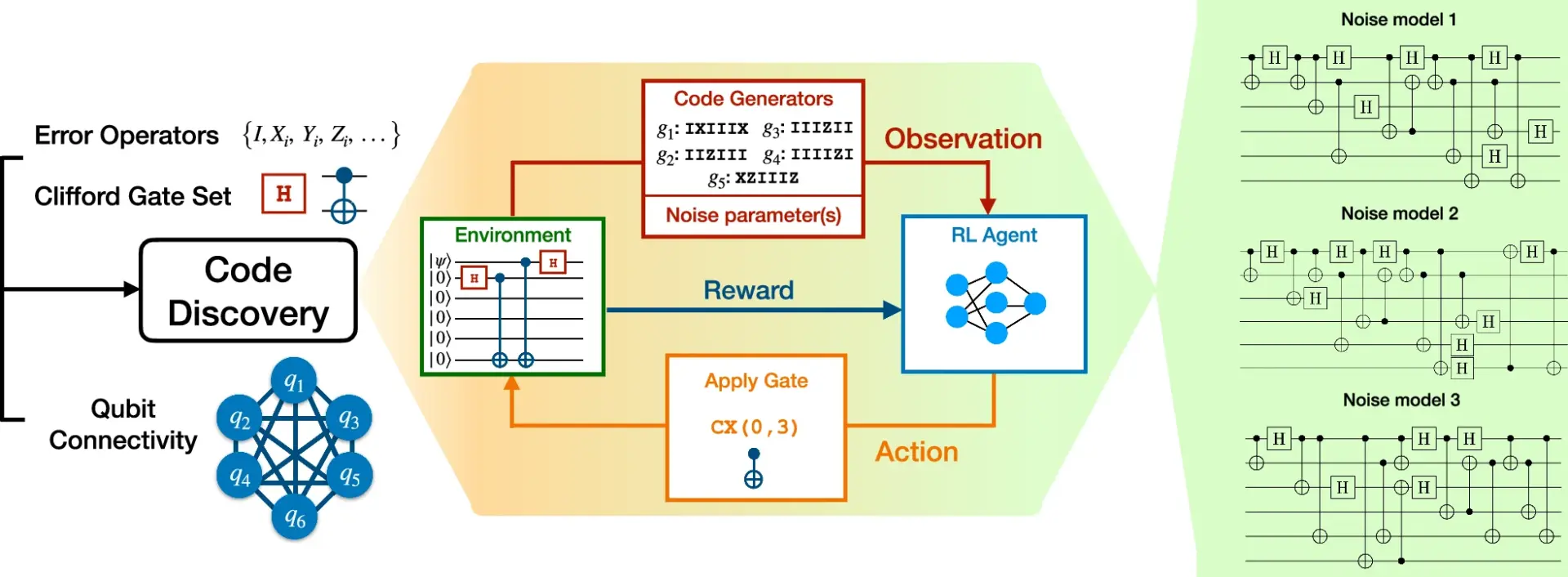
In the ongoing race towards experimental implementations of quantum error correction (QEC), finding ways to automatically discover codes and encoding strategies tailored to the qubit hardware platform is emerging as a critical problem. Reinforcement learning […]
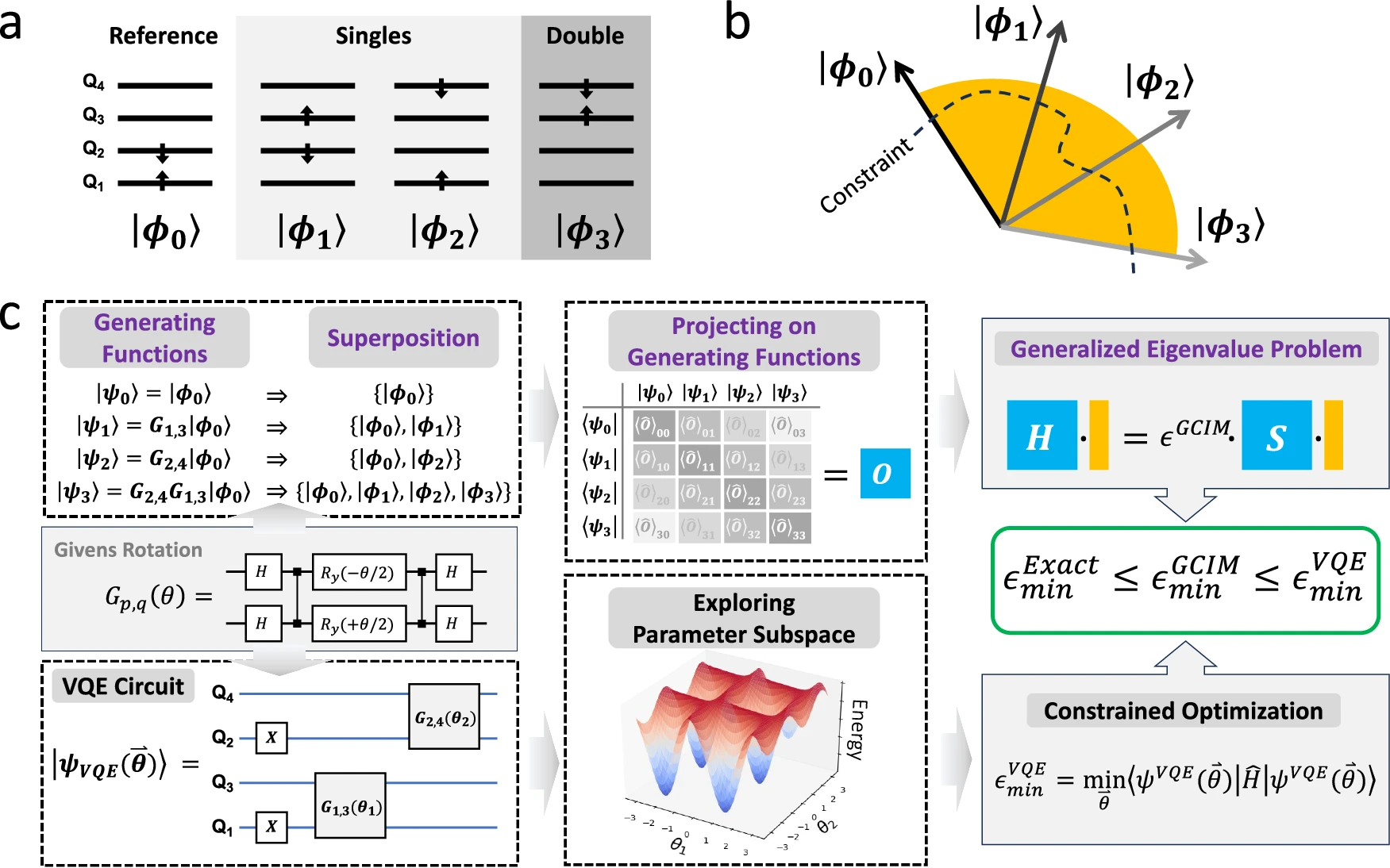
Hybrid quantum-classical approaches offer potential solutions to quantum chemistry problems, yet they often manifest as constrained optimization problems. Scientists have explored the interconnection between constrained optimization and generalized eigenvalue problems through the Unitary Coupled Cluster […]

Nuclear physicists have made a significant breakthrough in understanding the mass distribution within subatomic particles, specifically pions and protons, through advanced numerical calculations that leverage the trace anomaly in spacetime. The research focuses on exploring […]
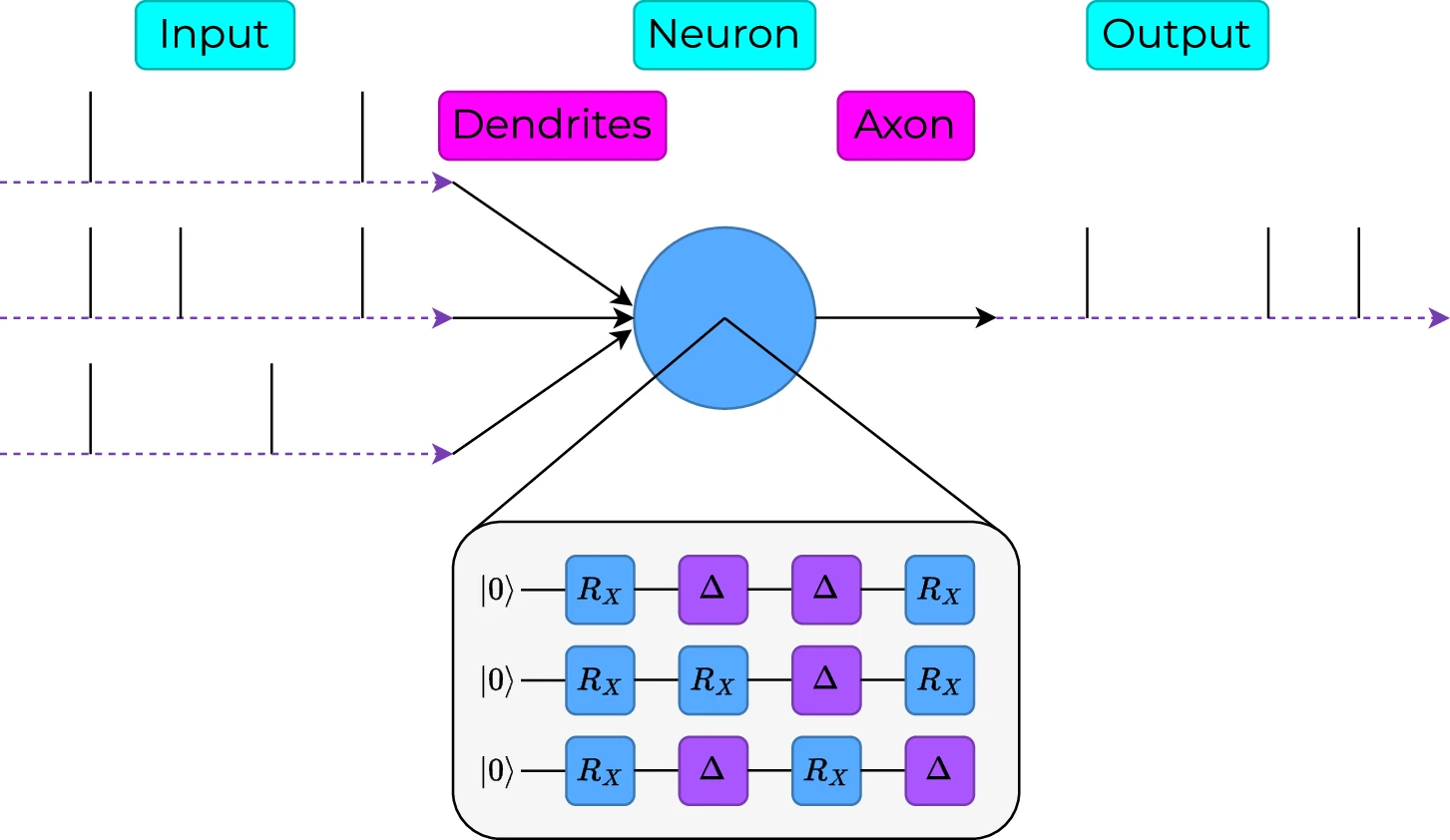
Quantum Machine Learning (QML) is in a period of rapid development and discovery, however it still lacks the resources and diversity of computational models of its classical complement. With the growing difficulties of classical models […]
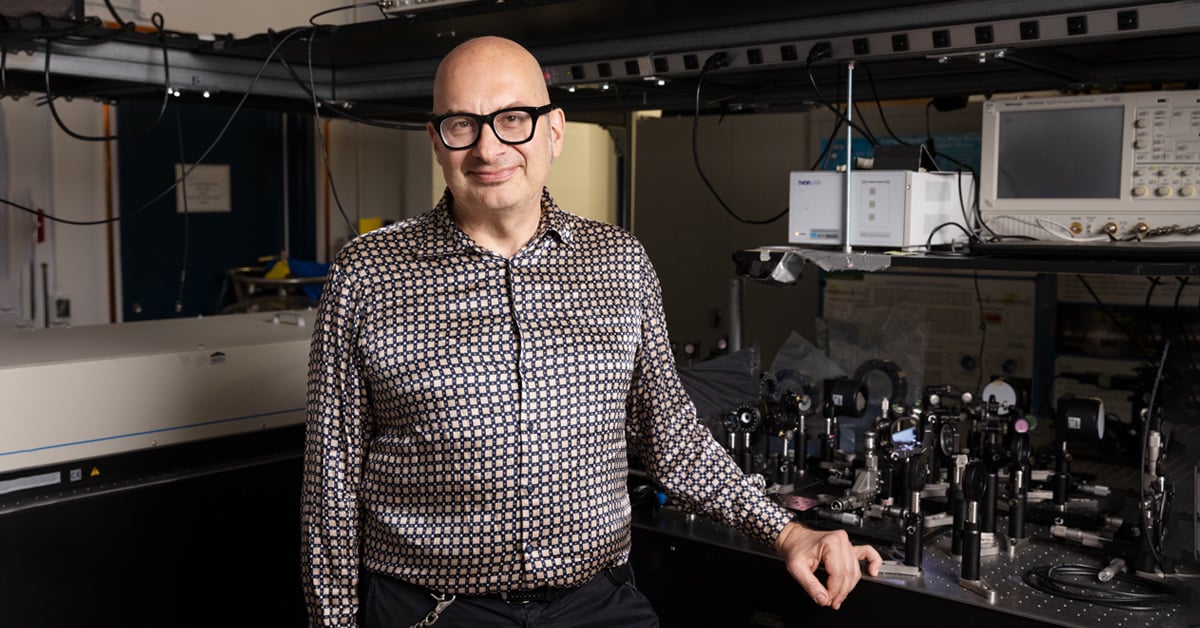
Researchers at the Institut National de la Recherche Scientifique (INRS), Canada, have achieved a groundbreaking advancement in quantum photonics, developing a synthetic photonic lattice that can generate and manipulate quantum states of light. Led by […]
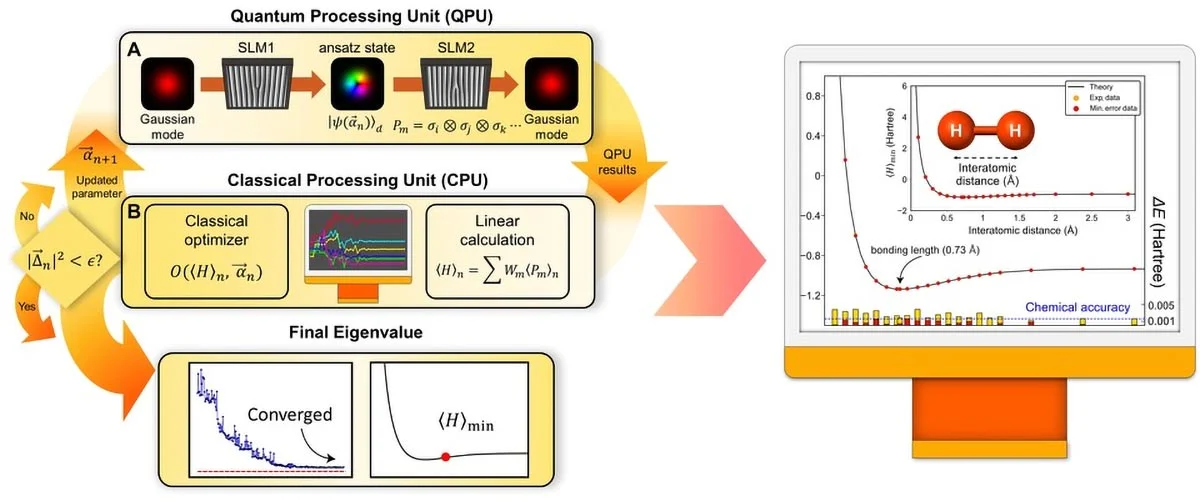
The landscape of scientific research is rapidly transforming through groundbreaking advancements in artificial intelligence and quantum computing, with recent developments promising revolutionary impacts across multiple disciplines. The Nobel Prize in Chemistry has recognized the pivotal […]
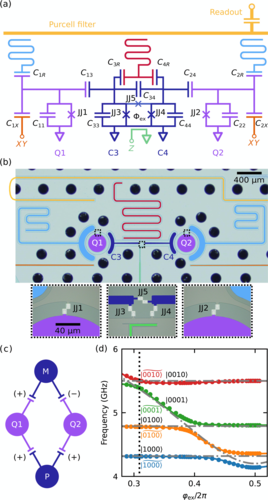
In the rapidly evolving field of quantum computing, researchers from the RIKEN Center for Quantum Computing and Toshiba have achieved a significant breakthrough that promises to enhance the reliability and performance of quantum systems. Their […]
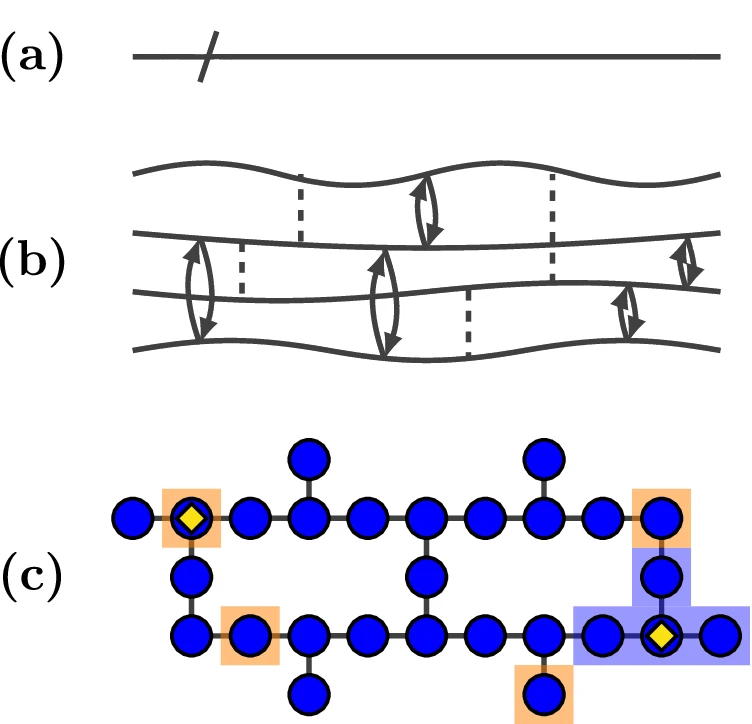
npj Quantum Information, Published online: 26 November 2024; doi:10.1038/s41534-024-00918-6 Quantum computing platforms are subject to contradictory engineering requirements: qubits must be protected from mutual interactions when idling (‘doing nothing’), and strongly interacting when in operation. […]
